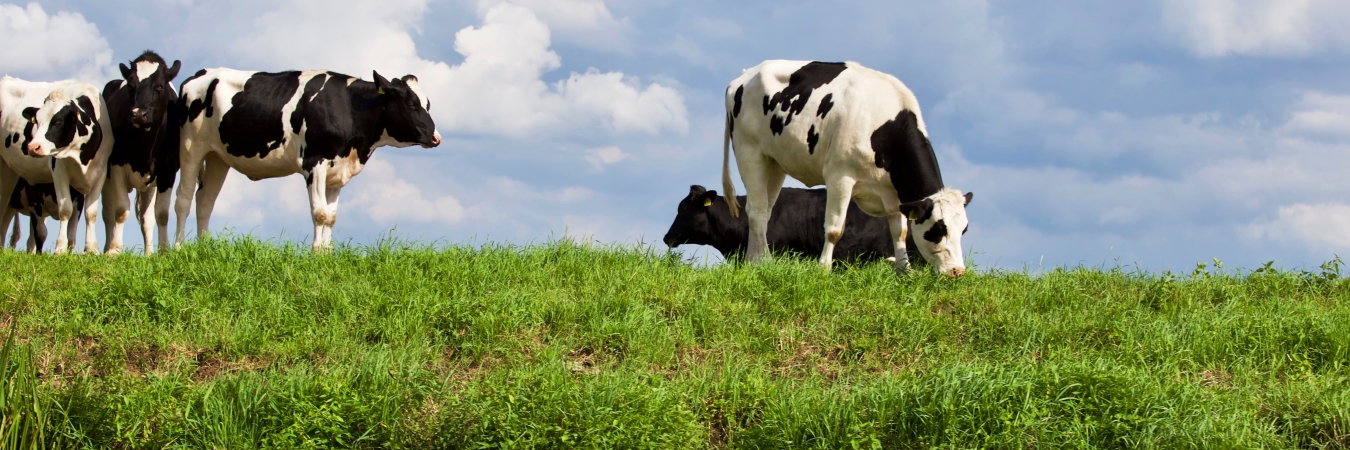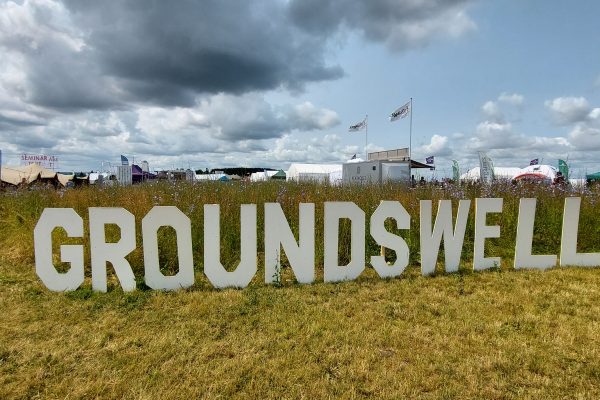Event
Gloucestershire: Regenerating soils
Join AHDB to discuss whether Lydney Park can regenerate their soils while maximising grazing days.
We will look into regenerative soil management practices and whether these can be combined with rotational grazing methods to increase forage and productivity.
Following the previous event where we reviewed the farming system with Brendan Horan, we will explore where Lydney Park is going next with its plans to improve its milk from forage and farm environmental sustainability.
Becky Wilson from Farm Carbon Toolkit will join to discuss:
- How to assess soils on farm
- Methods to alleviate the damage caused by grazing
- How to regenerate soils which work throughout the season, including extended dry and prolonged wet periods
This meeting will cover
- Lydney Park Farm’s journey to improve soil health
- Management of compaction due to extended grazing periods
- How to regenerate soils on the grazing platform
Background
Lydney Park Farms worked with Brendan Horan from Teagasc to review the farm business and help them to formulate a plan to increase overall productivity. As a part of Brendan’s report, he included a section around soil health and management to help Lydney Park increase dry matter yield. Regenerative soil practices have been recommended alongside a reseeding policy to enable the farm to return to consistently growing 16t/DM/ha as they have done previously.
About Lydney Park Farms
Located in Gloucestershire, Lydney Park is a 640-ha farm located on the Lydney Park estate. At 2m above sea level, flood barriers have been installed to protect the grazing platform due to the proximity of the River Severn.
This 10-week spring-calving herd of 850 Jersey X cows averages 4,750 litres per cow per year at 5.30% butterfat and 3.93% protein. The heifers are reared on another farm, breeding 200 replacements a year, with the rest going into beef.
Gavin and Keith used cow genetics, low-cost grass-based systems, and milking routines to increase productivity on farm.

